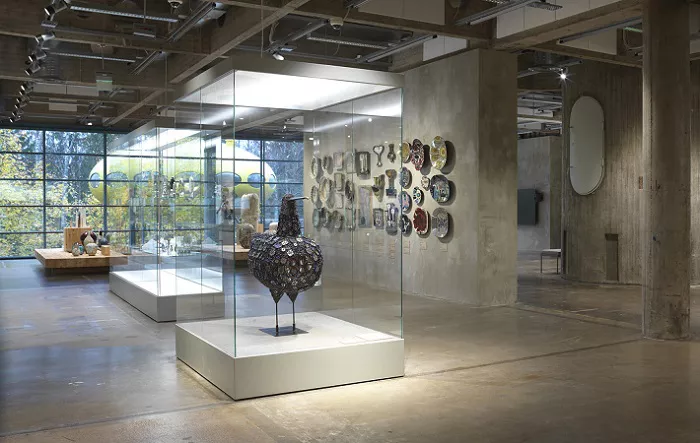Espoo, Finland — Krist Gruijthuijsen has been named the new director and chief executive officer of EMMA–Espoo Museum of Modern Art, the largest art museum in Finland. He will assume his new role on October 1, succeeding longtime director Pilvi Kalhama, who will depart in August to lead the newly established Museum of Architecture and Design in Helsinki.
A seasoned curator and writer from the Netherlands, Gruijthuijsen currently serves as curator at large at Kunsthaus Zürich, where he is organizing a retrospective of the American artist Paul Thek. His previous leadership roles include director of KW Institute for Contemporary Art in Berlin (2016–2024), director of Grazer Kunstverein in Austria (2012–2016), and course director of the MA Fine Arts Department at the Sandberg Instituut in Amsterdam (2011–2016). He also co-founded Kunstverein in Amsterdam, where he served as director from 2009 to 2012.
The appointment was announced by EMMA’s governing foundation, whose chair, Saija Äikäs, praised Gruijthuijsen’s appointment as a pivotal moment for the museum. “Krist Gruijthuijsen impressed us with his visionary leadership and deep commitment to fostering innovative and critical artistic practices,” Äikäs said. “Under his guidance, EMMA will embark on a new chapter to continue evolving as a dynamic platform for thought-provoking modern and contemporary art and design, while strengthening its presence both locally and internationally.”
In a statement, Gruijthuijsen highlighted his enthusiasm for EMMA’s forward-looking approach and its distinct architectural setting. “With its international multidisciplinary program and striking architecture, the museum has become an established institution in the region,” he said. He emphasized EMMA’s strategic location at the intersection of Scandinavia and the Baltic States, describing it as “a strong geopolitical context, full of potential and opportunities.”
Gruijthuijsen also reflected on his longstanding connection to the Nordic region, which began in the early 2000s during his student years in Stockholm and first visits to Helsinki. “I believe institutions such as EMMA are becoming increasingly important as our understanding of what is considered ‘peripheral’ and what is considered ‘central’ continues to shift,” he remarked. “I am looking forward to learning from the region and the various collections the museum oversees.”


